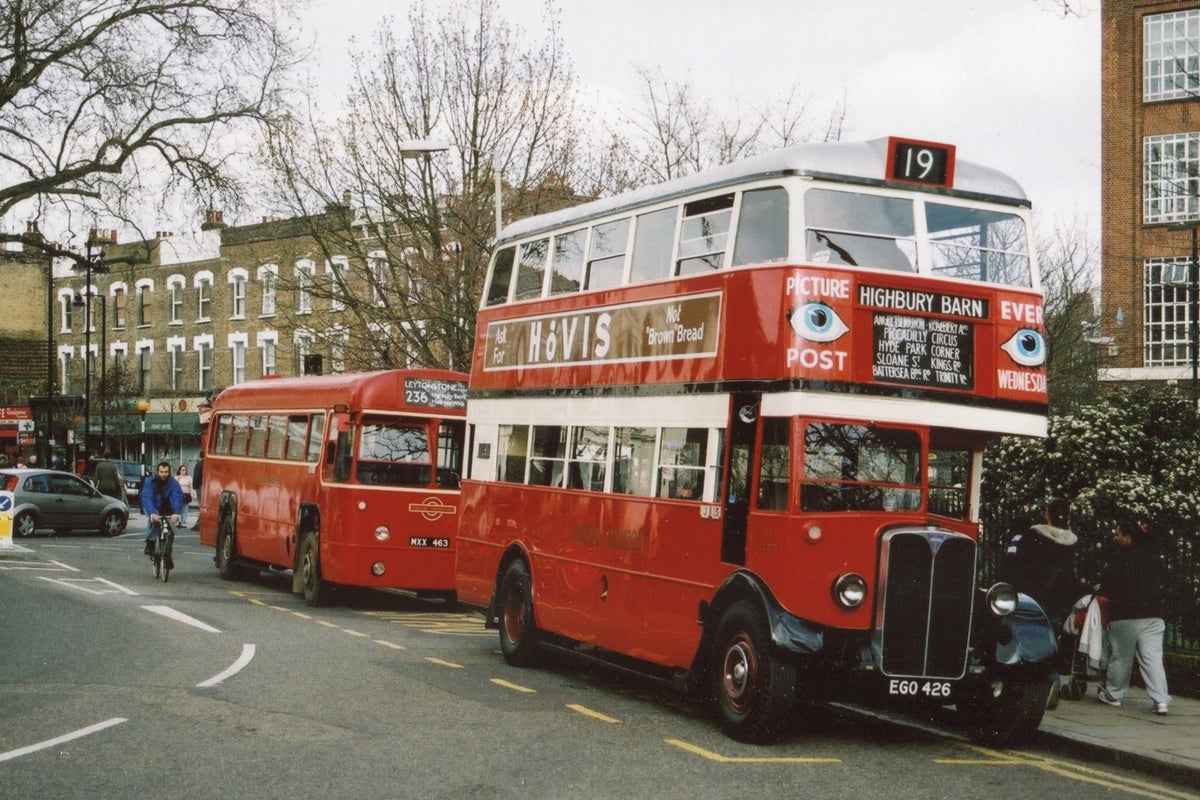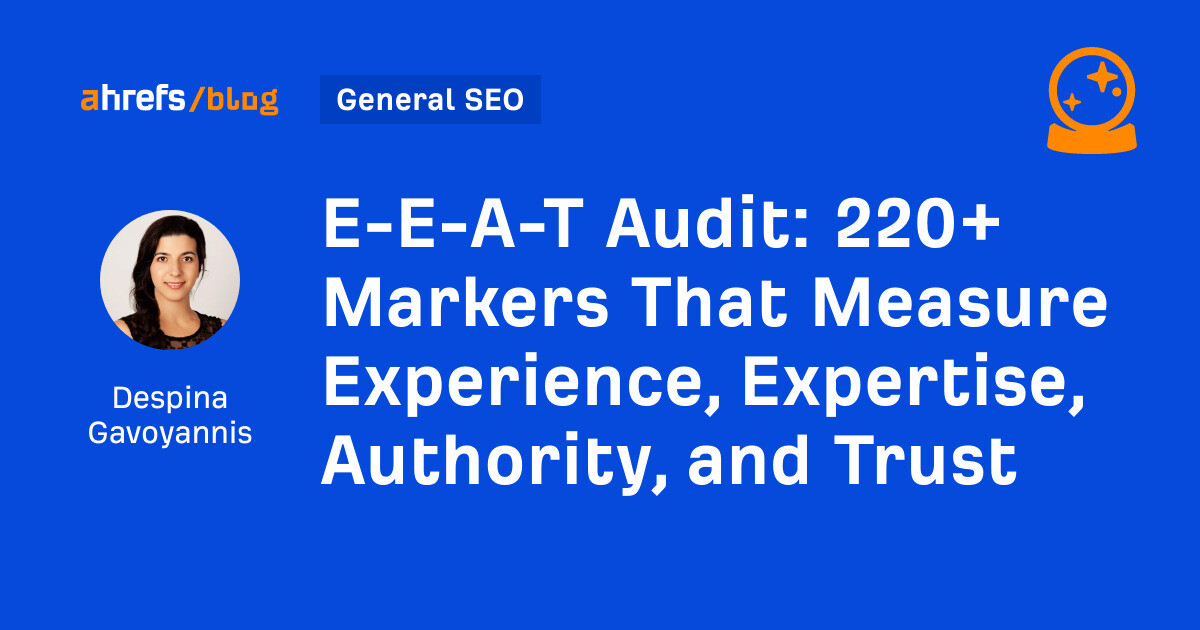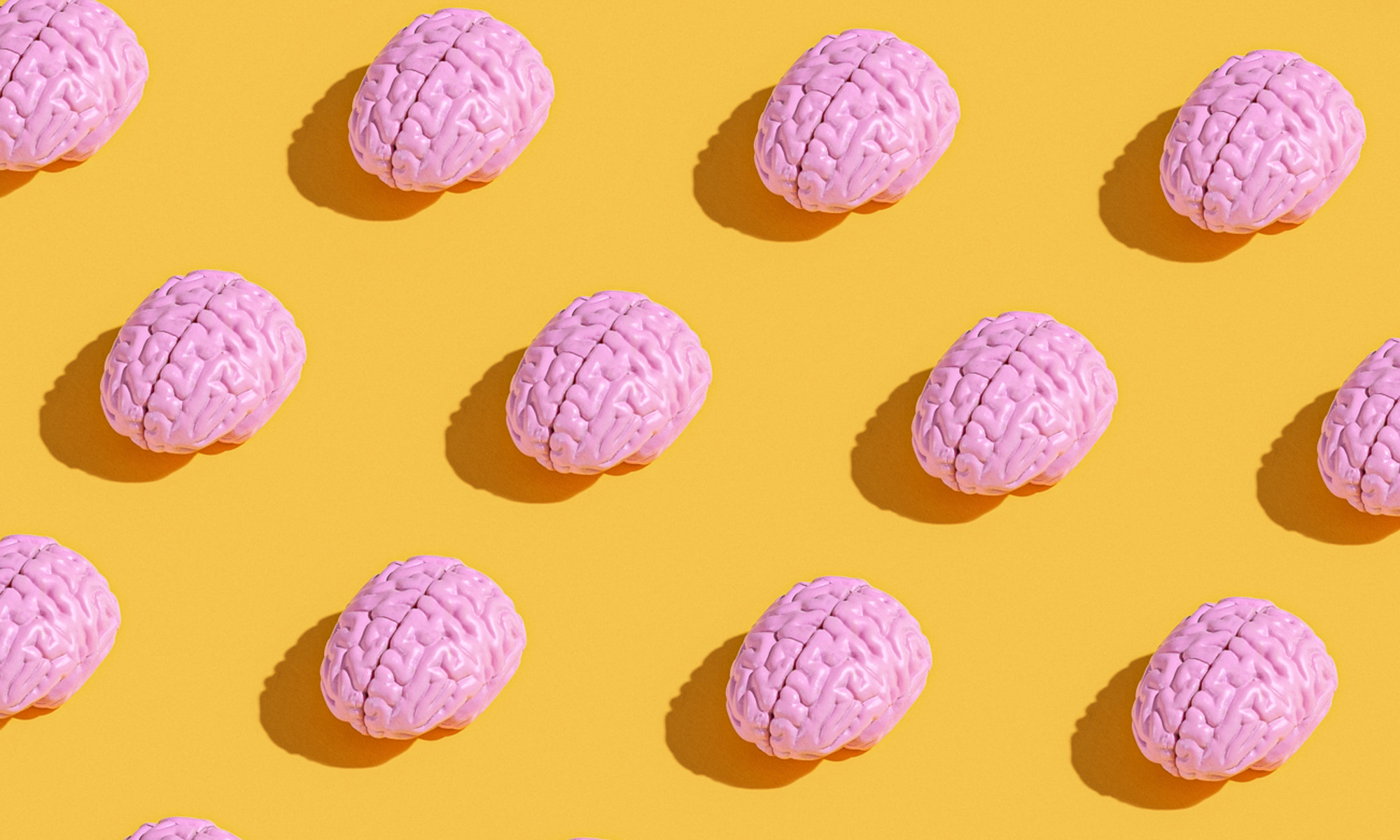Google's Latest Nonsensical Overview Results Illustrate Yet Another Problem With AI
Sometimes, in its efforts to help, AI gets truly weird.


Credit: Aria sandi hasim/Shutterstock
You might not be familiar with the phrase "peanut butter platform heels" but it apparently originates from a scientific experiment, where peanut butter was transformed into a diamond-like structure, under very high pressure—hence the "heels" reference.
Except this never happened. The phrase is complete nonsense, but was given a definition and backstory by Google AI Overviews when asked by writer Meaghan Wilson-Anastasios, as per this Threads post (which contains some other amusing examples).
The internet picked this up and ran with it. Apparently, "you can't lick a badger twice" means you can't trick someone twice (Bluesky), "a loose dog won't surf" means something is unlikely to happen (Wired), and "the bicycle eats first" is a way of saying that you should prioritize your nutrition when training for a cycle ride (Futurism).
Google, however, is not amused. I was keen to put together my own collection of nonsense phrases and apparent meanings, but it seems the trick is no longer possible: Google will now refuse to show an AI Overview or tell you you're mistaken if you try and get an explanation of a nonsensical phrase.
If you go to an actual AI chatbot, it's a little different. I ran some quick tests with Gemini, Claude, and ChatGPT, and the bots attempt to explain these phrases logically, while also flagging that they appear to be nonsensical, and don't seem to be in common use. That's a much more nuanced approach, with context that has been lacking from AI Overviews.
Someone on Threads noticed you can type any random sentence into Google, then add “meaning” afterwards, and you’ll get an AI explanation of a famous idiom or phrase you just made up. Here is mine[image or embed]
— Greg Jenner (@gregjenner.bsky.social) 23 April 2025 at 11:15Now, AI Overviews are still labeled as "experimental," but most people won't take much notice of that. They'll assume the information they see is accurate and reliable, built on information scraped from web articles.
And while Google's engineers may have wised up to this particular type of mistake, much like the glue on pizza one last year, it probably won't be long before another similar issue crops up. It speaks to some basic problems with getting all of our information from AI, rather than references written by actual humans.
What's going on?
Fundamentally, these AI Overviews are built to provide answers and synthesize information even if there's no exact match for your query—which is where this phrase-definition problem starts. The AI feature is also perhaps not the best judge of what is and isn't reliable information on the internet.
Looking to fix a laptop problem? Previously you'd get a list of blue links from Reddit and various support forums (and maybe Lifehacker), but with AI Overviews, Google sucks up everything it can find on those links and tries to patch together a smart answer—even if no one has had the specific problem you're asking about. Sometimes that can be helpful, and sometimes you might end up making your problems worse.
What do you think so far?

Credit: Lifehacker
Anecdotally, I've also noticed AI bots have a tendency to want to agree with prompts, and affirm what a prompt says, even if it's inaccurate. These models are eager to please, and essentially want to be helpful even if they can't be. Depending on how you word your query, you can get AI to agree with something that isn't right.
I didn't manage to get any nonsensical idioms defined by Google AI Overviews, but I did ask the AI why R.E.M.'s second album was recorded in London: That was down to the choice of producer Joe Boyd, the AI Overview told me. But in fact, R.E.M.'s second album wasn't recorded in London, it was recorded in North Carolina—it's the third LP that was recorded in London, and produced by Joe Boyd.
The actual Gemini app gives the right response: that the second album wasn't recorded in London. But the way AI Overviews attempt to combine multiple online sources into a coherent whole seems to be rather suspect in terms of its accuracy, especially if your search query makes some confident claims of its own.

With the right encouragement, Google will get its music chronology wrong. Credit: Lifehacker
"When people do nonsensical or 'false premise' searches, our systems will try to find the most relevant results based on the limited web content available," Google told Android Authority in an official statement. "This is true of Search overall, and in some cases, AI Overviews will also trigger in an effort to provide helpful context."
We seem to be barreling towards having search engines that always respond with AI rather than information compiled by actual people, but of course AI has never fixed a faucet, tested an iPhone camera, or listened to R.E.M.—it's just synthesizing vast amounts of data from people who have, and trying to compose answers by figuring out which word is most likely to go in front of the previous one.

David Nield
David Nield is a technology journalist from Manchester in the U.K. who has been writing about gadgets and apps for more than 20 years.

 Troov
Troov 


































